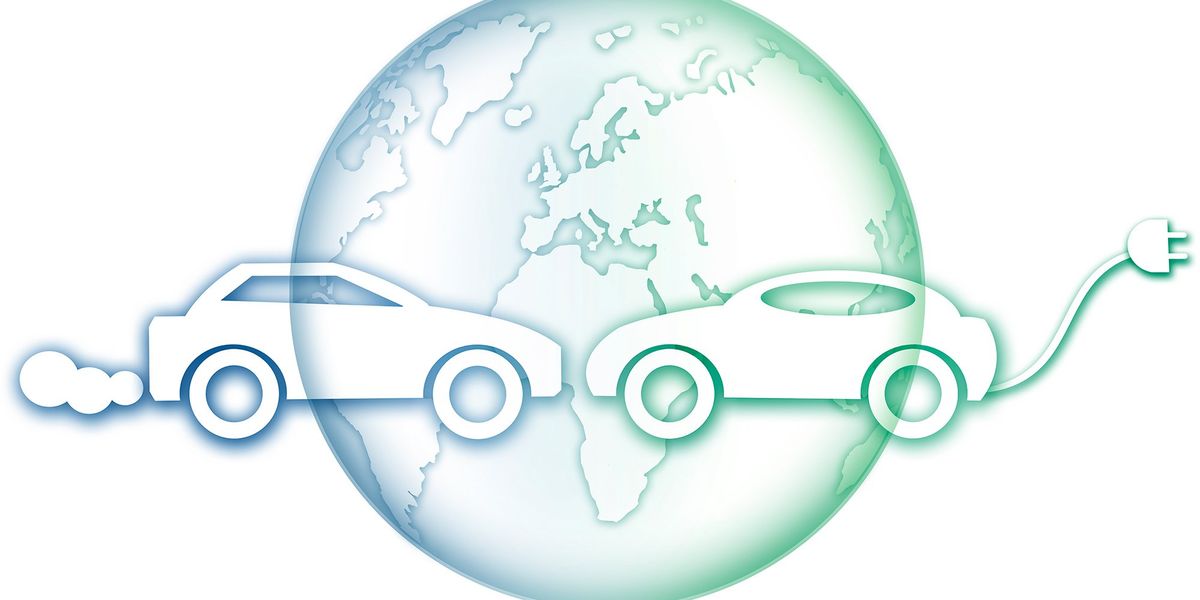Globally, according to research by the Rocky Mountain Institute, EVs will comprise two-thirds of the world’s car sales by 2030. However, according to the World Resources Institute, “EVs need to account for 75 percent to 95 percent of passenger vehicle sales by 2030 in order to meet international climate goals aimed at keeping global warming to 1.5 degrees C (2.7 degrees F).”



I really hate how this goal keeps being stated. When did it become the unchallenged truth that everyone needs to buy an EV? The goal was supposed to be transportation without carbon emissions. That could be solved in so many ways, from maglev trains to wind-powered ships to pedal- or foot-powered commuting. It should be solved with smart infrastructure and transportation strategy, not just more consumption. 
There are even multiple ways to power a personal vehicle that don’t have carbon emissions, and some of the most interesting ones are still emerging - hydrogen, ammonia - yet we are forging ahead like battery electric vehicles are the silver bullet to all of our problems. We are not going to fix our world of reckless consumption with more consumption… but we are going to make the shareholders of a few automotive companies very rich. Was that our goal?
our goal? no. their goal? always.
Agree. A new EV needs to drive many years to offset the carbon emission during production of said car. The best thing you can do for the environment (if you want to drive a car) is to keep driving the car you already have. Second best it’s too but a used car. It’s horrendous. We give tax credits to incentives people to buy new conspicuous shit, while punishing those that keep their old, healthy cars.
It’s totally Keyser Söze: the biggest trick the car industry pulled was convincing the public new, big EV cars were actually good for the environment.
https://arstechnica.com/cars/2022/04/new-ev-vs-old-beater-which-is-better-for-the-environment/
As for keeping your current car:
deleted by creator